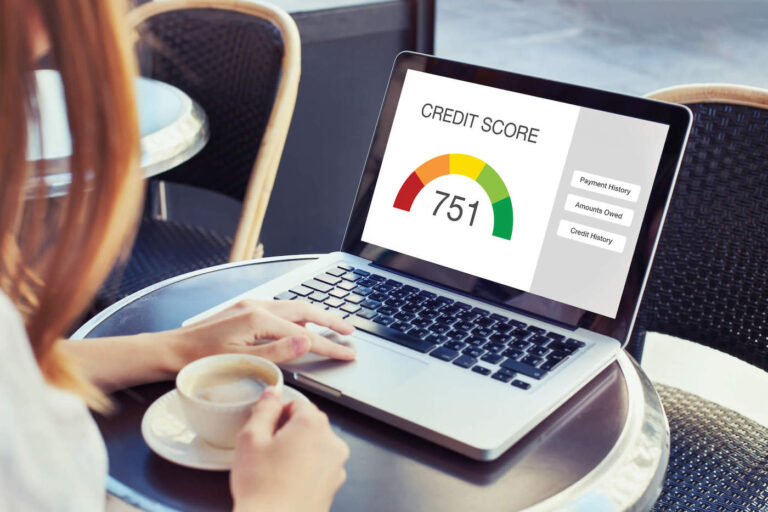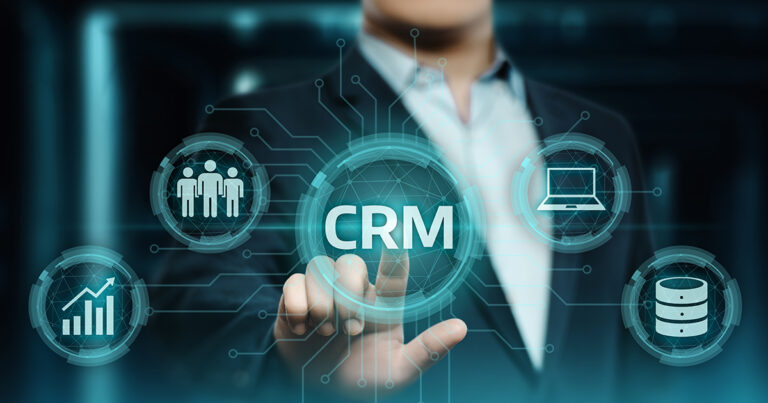Cryptocurrency is generally immune to the whims of national governments and central banks. It’s one of the reasons why virtual currencies are so popular. Their key strengths are the anonymity it provides users and the fact that it is politically decentralized. However, these features also increase their appeal to criminals. In certain countries, the legal[Read More]
Finance Tech
How to trade ETFs on the Singapore stock market
If you’re looking to expand your investment portfolio by trading ETFs on the Singapore stock market, there are a few things you need to know. This article will discuss some of the basics of trading ETFs in Singapore, including what ETFs are and how they work. We’ll also cover some tips for successful trading, so[Read More]
How To Get Started as an Investor
If you want to be financially prepared for retirement, one of the best things you can do is start investing early. This is a great way to earn a passive income to supplement your yearly salary. However, investing always comes with risk. It’s important to understand the nuances of the investment industry before you get[Read More]
What Are Crypto Assets? A Complete Guide
Can you believe that in 2010, Bitcoin’s value was a mere $0.09? Eleven years later it hit a colossal $68,991 in November 2021! Thanks to the unprecedented success of Bitcoin, we’ve now got an intricate and vast world of crypto assets. It’s clear that developers realize there’s an incredible amount of unlocked potential and value in the[Read More]
Investing in a Commercial Property: Pros and Cons
When you hear the word “investment,” what comes to mind? For some people, it’s an idea that’s just not for them. Others see it as a way to increase their income and save for retirement or another goal. In fact, investing your money in real estate has many benefits, including being able to generate passive[Read More]
How to Reach Your Financial Goals
Everyone has financial goals that they hope to achieve in life. Some are grander than others, of course, but it doesn’t make any of them less real, meaningful or important to those who hold them. Trying to help lawyers achieve their financial goals, for example, might mean helping them build up their own practice to[Read More]
5 Tips Every Millennial Should Know About Credit Scores
Whether you’re just starting in life or you’ve been on your own for a while, it’s essential to understand your credit score and improve it, especially if you’re looking into bad credit loan options. Your credit score reflects your financial health and can impact everything from your ability to get a loan to the interest[Read More]
Are Bankruptcy Courts Conducting In-Person Hearings Post-COVID?
The battle against the coronavirus still rages on. With the release of the vaccinations, we assumed the most awful may be over. Yet with the Delta version, it appears like the danger of infection stays as high as ever before. To decrease the danger of infection, some public events are being terminated, held off or[Read More]
9 Types of Loans You Should Know About
Loans provide an effective way to achieve long-term goals, handle unexpected emergencies, and buy expensive items you could otherwise not afford. However, before applying for a loan, you should first determine which type of lender financing is ideal for your needs. Here are nine types of loans you should know about. Personal loans These are[Read More]
How to Nurture More Mortgage Leads with a Mortgage CRM
Are you looking for more mortgage leads? A good mortgage CRM can help you nurture more leads and turn them into closed deals. In this post, we’ll show you how to get started with a mortgage CRM and how to make the most of its features. What is a mortgage CRM? A mortgage CRM, or[Read More]









